Past Symposia
For more than 25 years, the Center for Integrated Professional Development and its predecessor departments have hosted the largest single-day conversation about teaching and student learning at Illinois State University.
The annual University Teaching and Learning Symposium brings together faculty, staff, and graduate students from across campus to engage in robust, deep explorations of that year's theme. Browse the content below to see examples of past symposia.

2026 - Emergent Technologies, Enduring Values: Reimagining Teaching for a New Era
Keynote Speaker: Dr. Laura Dumin
January 7, 2026
The theme focused on ways to navigate a rapidly evolving technology landscape. Our goal was to explore how we, as a campus community, can thoughtfully integrate emergent technologies, as aligned with the mission of the newly launched Adaptive Edge Institute, while staying grounded in our core values of inclusive, ethical, and student-centered education. Sessions highlighted innovative classroom practices and scholarly approaches to teaching and learning.
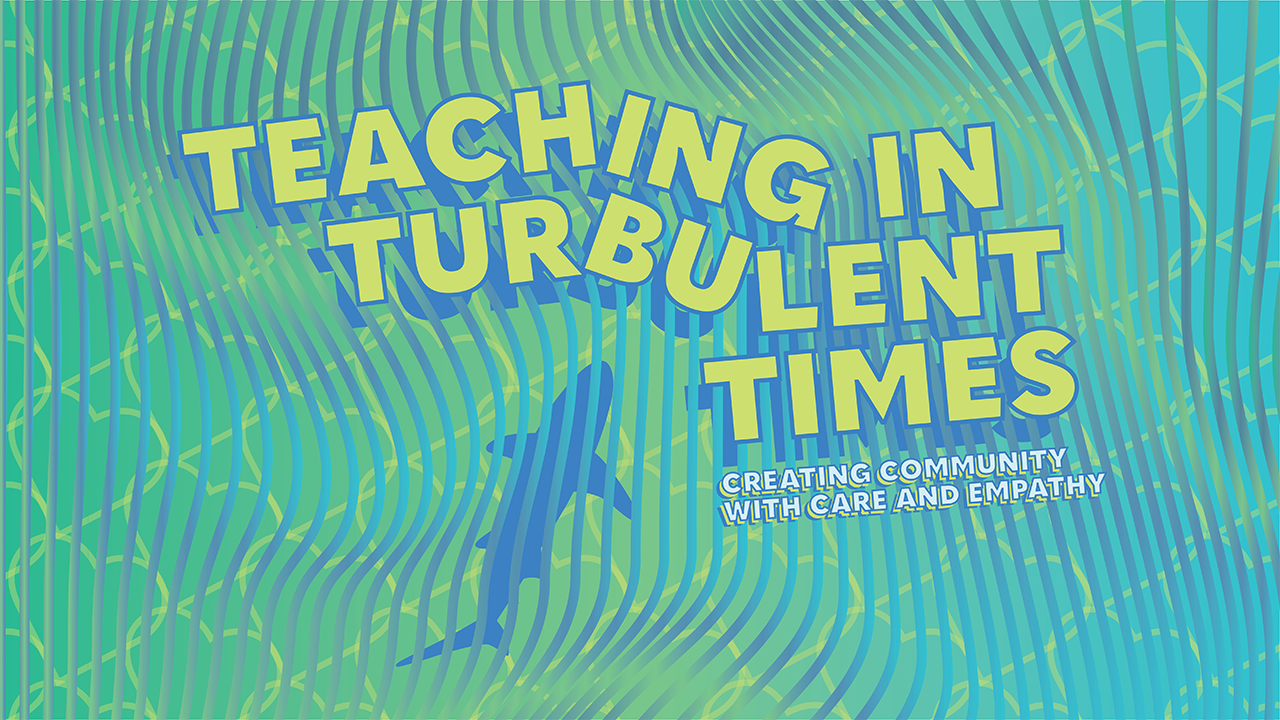
2025 - Teaching in Turbulent Times: Creating Community with Care and Empathy
Keynote Speaker: Dr. Michele DiPietro
January 8, 2025
The theme focused on ways to create learning spaces that support students, and those who work with them, as we as a campus community navigate turbulent times. The current social and political climate along with rapid technological changes are among many things that present challenges and opportunities for higher education. Our goal is to discuss ways to engage local, national, and global contexts in our classes and to foster inclusive and empathetic learning environments that address the unique needs of our students while also attending to our well-being as faculty and staff.

2024 - Thriving at Illinois State
Keynote Speaker: Dr. Bryan Dewsbury
January 10, 2024
To thrive at the university goes beyond academic achievement to include engagement in and outside the classroom, social connectedness, and opportunities to engage with diverse perspectives. It goes beyond feelings of happiness and academic accomplishment to include feelings of connection, purpose, and growth (Su, Tay & Diener, 2014). At this year’s Symposium, we would like to center conversations on how our teaching practices can foster opportunities for ourselves, as instructors, and for our students to thrive in and out of the classroom.
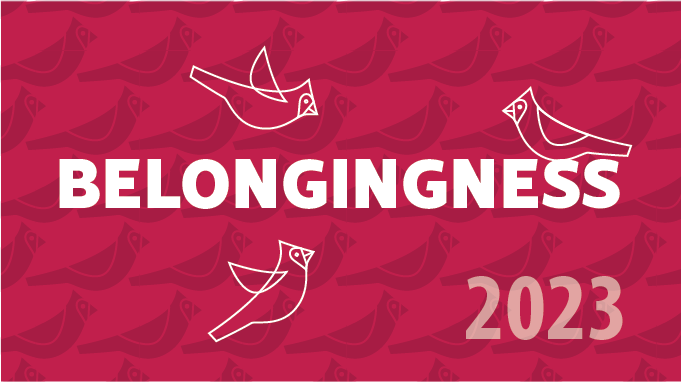
2023 - Belongingness
Keynote Speaker: Dr. Lorgia Garcia Peña
January 11, 2023
Belongingness can be conceptualized on the personal level and also on the institutional or structural level. At the core is the idea that members of a particular community feel included, valued and cared for as a contributing member of that group (Strayhorn, Hurtado, & Harris, 2012). Structural belonging goes beyond just having access, but that once in a space, one has power and voice to fully participate in decision-making and even make demands upon the institution (Johnson, 2022).

2022 - Listen, Encourage, Inspire, Challenge: Building a Relationship-Rich Campus
Keynote Speakers: Peter Felten and David Rettinger
January 5, 2022
Few things have illustrated the paramount importance of connections between students and instructors like the coronavirus pandemic. As we move into a new year, we hope to explore the interconnected strands of relationship-rich education, authentic learning, and authentic assessment.
This year's Symposium theme asks: How can we encourage students to make human connections, with those who teach them and among themselves, in ways that shape their learning environments and provide transformative experiences?
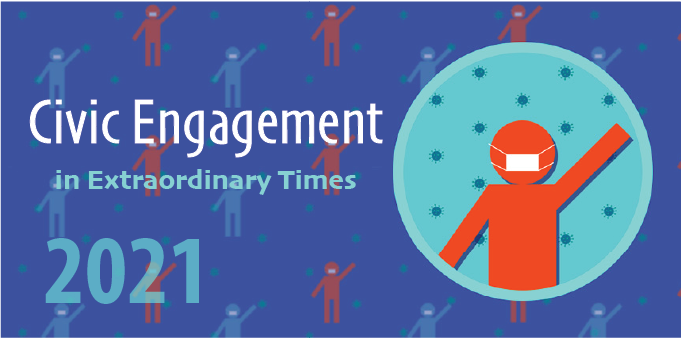
2021 - Civic Engagement in Extraordinary Times
Keynote Speakers: Elizabeth Bennion, Marshall Welch, and Timothy K. Eatman
January 6, 2021
This year’s theme, Civic Engagement in Extraordinary Times, examines one of Illinois State University’s core values in an era of unprecedented pressure on our social, political, and educational lives. What roles should institutions of higher education play in their communities? How are we as an institution encouraging students to become informed, engaged, and responsible members of a community? And how have recent social and political events shaped our views of civic engagement and how to incorporate it into Illinois State University’s overall mission?
Reflecting this, the Symposium will be offered entirely online as a series of plenary and concurrent sessions, each focusing on a different aspect of civic and community engagement. A group of nationally recognized speakers will lead discussions on a wide range of topics, from high impact practices in teaching and learning, to promoting civic engagement across the disciplines, to fostering meaningful dialogues about social justice and other issues.
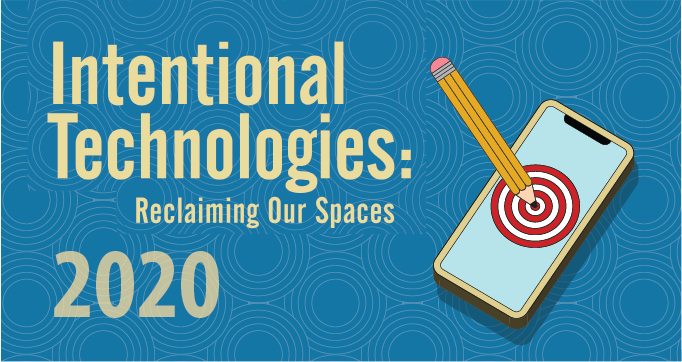
2020 - Intentional Technologies: Reclaiming Our Spaces
Keynote Speaker: José Antonio Bowen
January 8, 2020
Much has been said about the use, or in some cases, the overuse, of technology in education. As we cast our eyes forward, peering across the next decade, we need to think intentionally about the technologies we use, the ways in which we use them, and the predilections and prejudices which inform our choices. Doing this may allow us to reclaim physical, virtual, mental, and emotional spaces for our teaching.
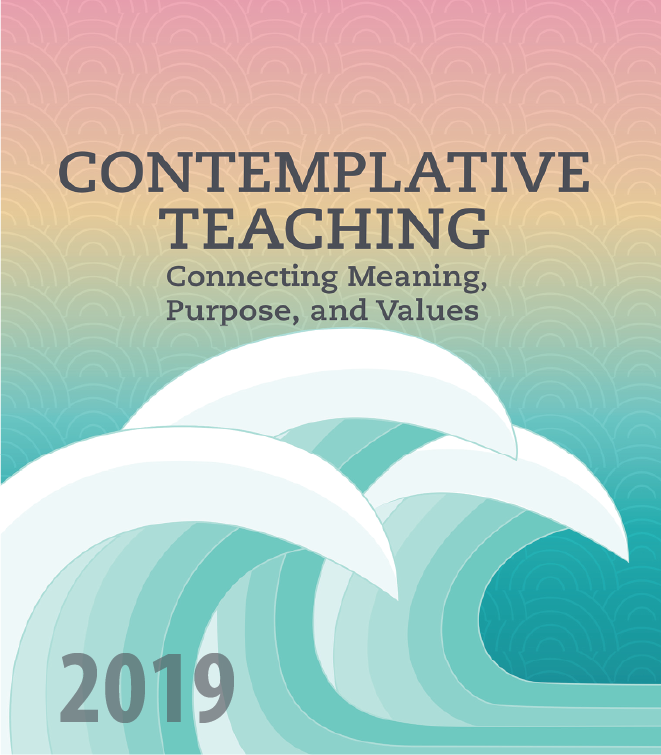
2019 - Contemplative Teaching: Connecting Meaning, Purpose, and Values
Keynote Speaker: Michelle Chatman
January 9, 2019
As instructors, we want our students to do more than just remember. We want them to learn in ways that are deeply transformative. We want this not just for their sakes, not just for ours, but because we believe all of society benefits from an educated, compassionate citizenry.
The theme of contemplative teaching is rooted in the same soil as the contemplative practices which grow from other physical, creative, and even spiritual endeavors—practices made more challenging in an age of distracting devices, tweets, and incivility. For the purposes of this symposium, contemplative teaching can be defined as teaching to encourage new forms of inquiry, reflective thinking, and experiential learning. It also helps students to connect learning to their lives, values, and identities (ACMHE, 2015).
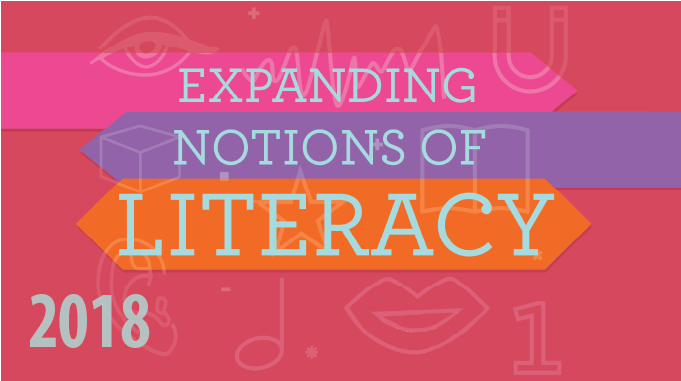
2018 - Expanding Notions of Literacy
Keynote Speakers: Mary Kalantzis and Bill Cope
January 10, 2018
Mary Kalantzis and Bill Cope have spent their careers investigating how modes like the visual, the audio, and the gestural combine in new communication environments, and how we learn the rules of these new modes of communication to use them effectively. Their work, part of the New London Group, serves a foundation for looking at literacy as much more than just reading, writing, and arithmetic.
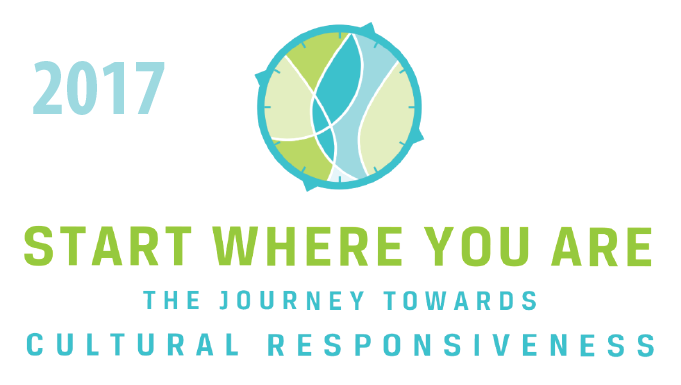
2017 - Start Where You Are - The Journey Towards Cultural Responsiveness
Keynote Speaker: Ernest Morrell
January 12, 2017
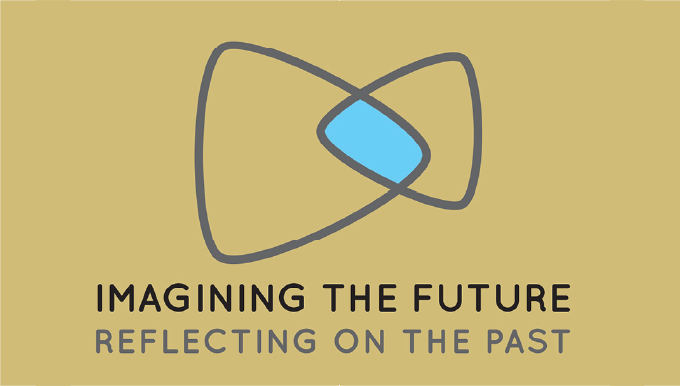
2016 - Imagining the Future, Reflecting on the Past
Keynote Speaker: Todd Zakrajsek
January 6, 2016
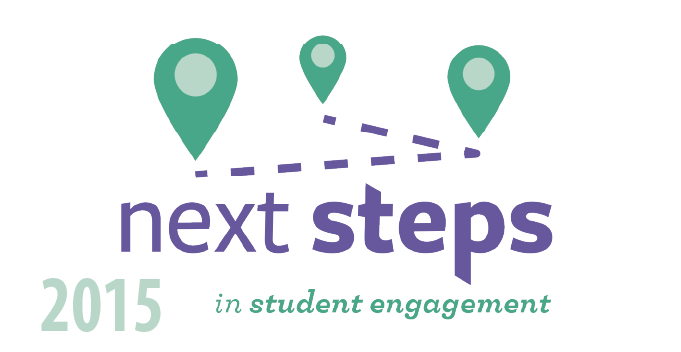
2015 - Next Steps in Student Engagement
Keynote Speaker: Elizabeth Barkley
January 7, 2015
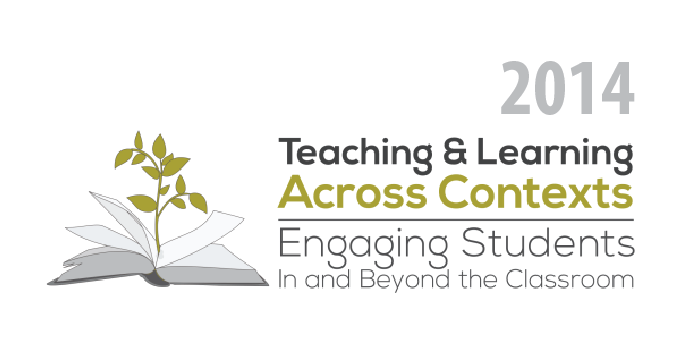
2014 - Teaching and Learning Across Context - Engaging Students in and Beyond the Classroom
January 8, 2014
Due to hazardous weather and airline cancellations, our scheduled keynote speaker, Dr. Ken Bain, was not able to attend. We plan to invite Dr. Bain back to campus at a later date.
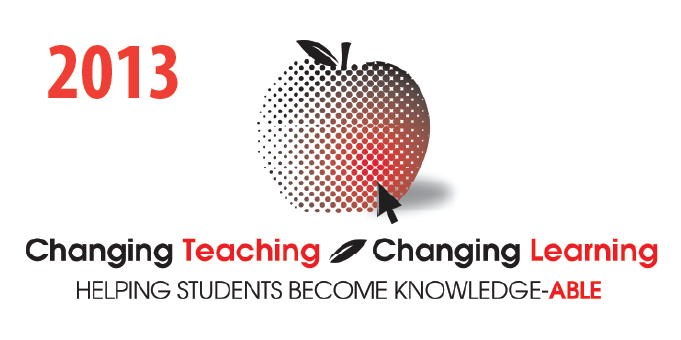
2013 - Changing Teaching; Changing Learning: Helping Students Become Knowledge-Able
Keynote Speaker: Michael Wesch
January 9, 2013
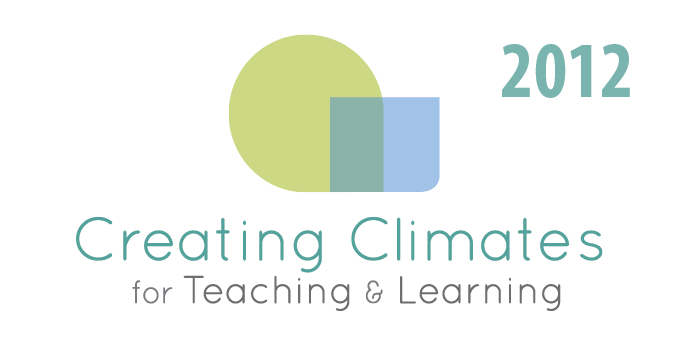
2012 - Creating Climates for Teaching and Learning
Keynote Speaker: Kent Weeks
January 11, 2012
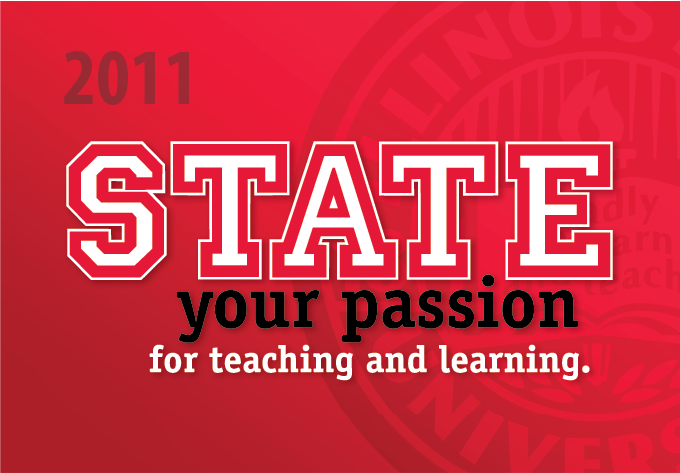
2011 - State Your Passion for Teaching and Learning
Keynote Speaker: Eric Liu
January 5, 2011
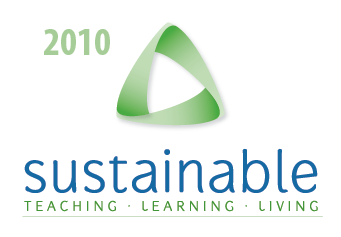
2010 - Sustainable Teaching, Sustainable Learning, Sustainable Living
Keynote Speaker: Debra Rowe
January 6, 2010
The 2010 Symposium was our largest ever, with more than 140 faculty/staff presenters and more than 360 registered participants, and we look forward to continuing the conversation about Sustainable Teaching, Sustainable Learning, and Sustainable Living throughout this semester through a Teaching Excellence Series and a reading group.
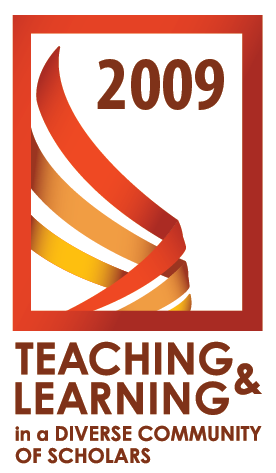
2009 - Teaching and Learning in a ‘Diverse Community of Scholars
Keynote Speaker: James Anderson
January 7, 2009
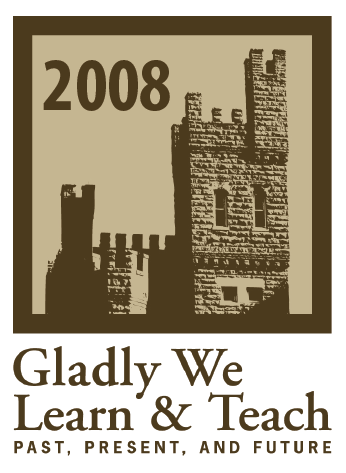
2008 - Gladly We Learn and Teach: Past, Present and Future
Keynote Speaker: Ken Bain
January 9, 2008
This year’s theme is “Gladly We Learn and Teach: Past, Present, and Future,” and our keynote speaker is Dr. Ken Bain, author of the award-winning work, What the Best College Teachers Do, and Vice Provost for Instruction and Director of the Teaching and Learning Resource Center at Montclair State University in Montclair, New Jersey.

2007 - Civic Engagement in Classrooms and Communities
Keynote Speaker: George Mehaffy
January 10, 2007
This year’s theme is “Civic Engagement in Classrooms and Communities,” and our keynote speaker is Dr. George Mehaffy, Vice President of the American Association of State Colleges and Universities and founder of the American Democracy Project.
In keeping with this theme, we encourage faculty, teaching assistants, and professional staff to share the results of and insights gained from recent projects, research, and teaching experiences. Especially welcome are presentations addressing theme-related issues such as: What responsibilities do we have as educators in and for a democracy, and how do we meet them? What do we mean by ‘civic’ engagement? What do we mean by ‘communities’? How is civic engagement similar to or different from other kinds of engagement? How do our notions of ‘classroom’ and ‘community’ intersect—and diverge? How can we model civic engagement for our students—and why should we?
2006 - Making Connections: Fostering Integration of Learning
Keynote Speaker: Jacqulyn Lauer-Glebov
January 11, 2006
This year’s theme is “Making Connections: Fostering Integration of Learning.” This theme encompasses a broad array of topics such as making connections between technologies and teaching and learning goals, general education studies and majors, various learning experiences within majors, various learning experiences in outside activities, curriculum and co-curriculum, theory and practice, or writing and thinking.
2005 and Earlier Teaching and Learning Symposia
- 2005 Enhancing the Campus Learning Culture
- 2004 Partnerships for Teaching and Learning
- 2002 Active Learning: Research and Classroom Applications
- 2001 Creating Contexts for Learning and Self-Authorship
- 2000 Working Together to Enhance Student Learning Inside and Outside the Classroom & The Quest to Become a Teacher-Scholar: Making Connections and Achieving Coherence
- 1999 Changing Times, Changing Roles: Teaching in the 21st Century